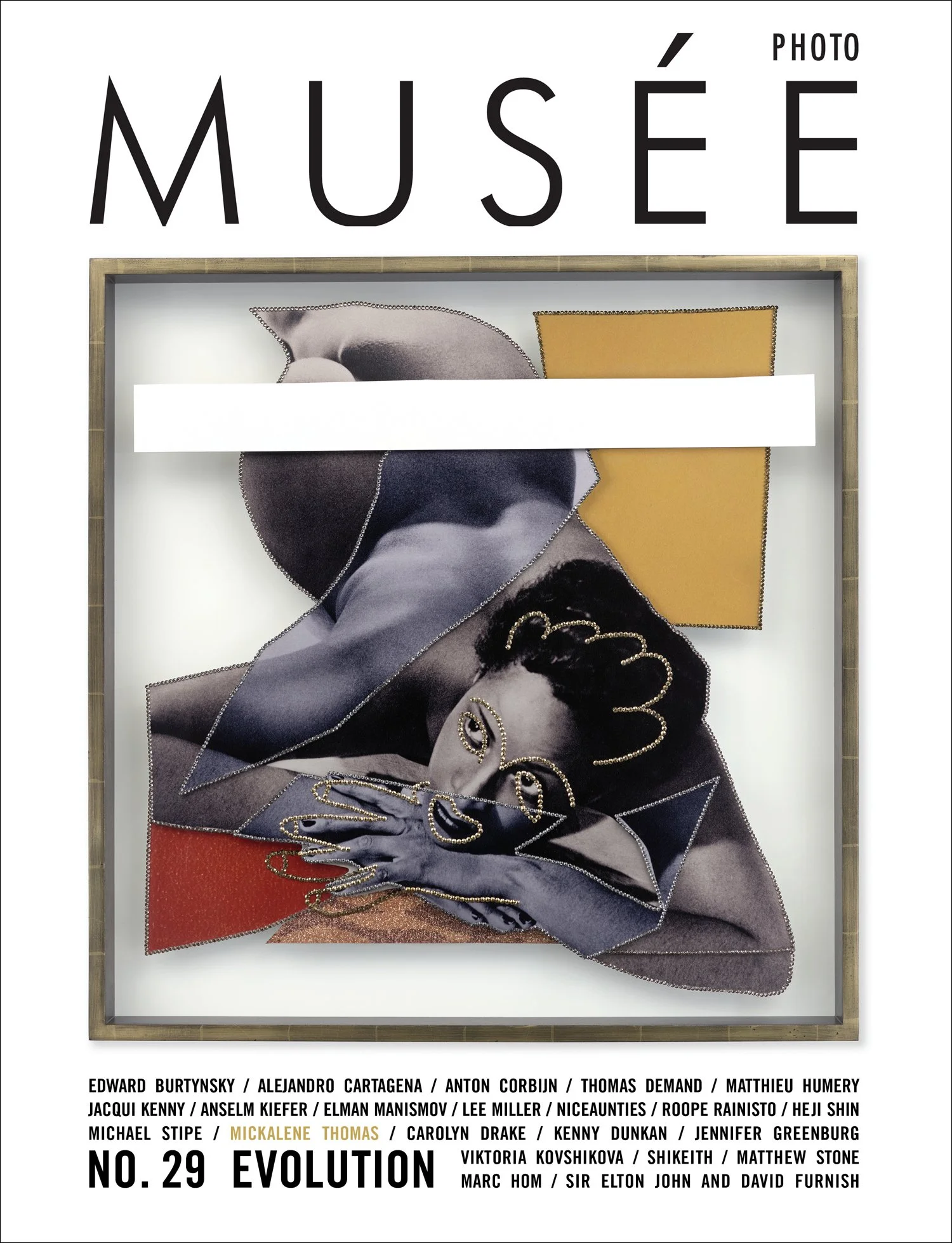Film Review: The Soundtrack of Our Lives
The Soundtrack of Our Lives (2017) Directed by Chris Perkel
By Belle McIntrye
One of the big advantages of any music documentary is the fact that, at the very least, there will be a decent soundtrack. And if we’re very lucky, it will take us behind the scenes to show what it took to produce the songs and sounds that we know and love. It is an endlessly fascinating world of business and politics, creativity and manipulation, instincts and infighting, loyalty and betrayal, sex and drugs and, of course, huge amounts of money. There is also the sometimes uneasy relationship between the suits and the artists, requiring that both must bend their natural instincts to accommodate the other and find an acceptable symbiosis. Rich material, for sure.
So there are undeniable pleasures to be had in this unabashedly biased homage to the legendary music executive, Clive Davis, whose influence after 50 years is certainly significant. We trace his roots from the Brooklyn-born Jewish boy, orphaned as a teenager, who excels in school, becomes the first in his family to go to college, and graduates from Harvard Law School on a scholarship. Early in his career, he lands a job at CBS in the legal department, and then, through seemingly random corporate shuffling, he finds himself heading up the music division, a post for which he was uniquely unqualified. Columbia Records in the mid-‘60s was home to middle-of-the-road stalwarts like Andy Williams; believed that rock and roll was a passing fad; and was steadfastly ignoring the sea change happening in the music world. As the story goes, Davis saw the light at the Monterey Pop Festival in 1967, where he heard Janis Joplin perform and got religion (if not sex, since he declined her offer to seal the deal with a romp in the sack).
With Joplin as his first signing, Davis’ career took off on a very auspicious curve. He learned how to manage performers with star power and curate their careers. The list of artists he signed and/or nurtured at Columbia is varied and impressive: Santana, Bruce Springsteen, Simon and Garfunkel, Chicago, Aerosmith, among many others. However, he didn’t personally pluck all of them out of obscurity and put them into the spotlight, as the film would suggest.
Fired from Columbia for alleged financial misdeeds, he launched Arista Records, where he instantly shifted his focus from rock and folk to pure pop. His first signing was Barry Manilow, which set the tone for all that was to follow. Recognizing the importance of hit singles to sell albums, he became a master of A&R (Artists & Repertoire) in the classic sense – finding the best song for each artist, with the aim of garnering maximum radio play. At this he excelled.
His preferred vehicle was the power ballad, the emotional cream cheese of the pop charts. There were exceptions – Patti Smith, late-period Grateful Dead – but it was Hot 100 fodder that ruled the roost.
Davis also revitalized some flagging careers – most notably Dionne Warwick, Aretha Franklin, and Santana (again). Of course, the jewel in his crown was Whitney Houston, whom he signed at 19 and with whom he established a superficially paternal relationship. Alas, it did not run deep enough for him to be aware of her more intense and destructive relationship with drugs.
Davis’ hits were not necessarily the best work of the artist on any given album, but they were the bait to rack up sales – songs that so dominated the airwaves that they often became unbearable to listen to. Can anyone forget the year of “The Greatest Love of All”? And then there are the multitudinous Kenny G whining sax recordings, which may lay claim to be jazz but came to define elevator music.
Like much of the music he championed, the film is a gloss, which is not surprising, considering it is based on Davis’ autobiography. While it touches on his coming out as a bisexual, it is remarkably short on the first two elements of “sex, drugs and rock and roll,” and there’s not too much of the latter, either. It focuses on how many awards he’s won – to an excruciating degree – and regularly tells only part of the story. But when you’re telling your own tale, and you’re the master of self-promotion and re-invention, in Davis’ case, hubris becomes the name of the game. That said, the film paints a seamless picture of a titan of the music industry with a nearly flawless instinct for the hits and brilliant business acumen. Well worth watching, but best viewed with more than a grain salt. Did I mention, the soundtrack? Fabulous.










